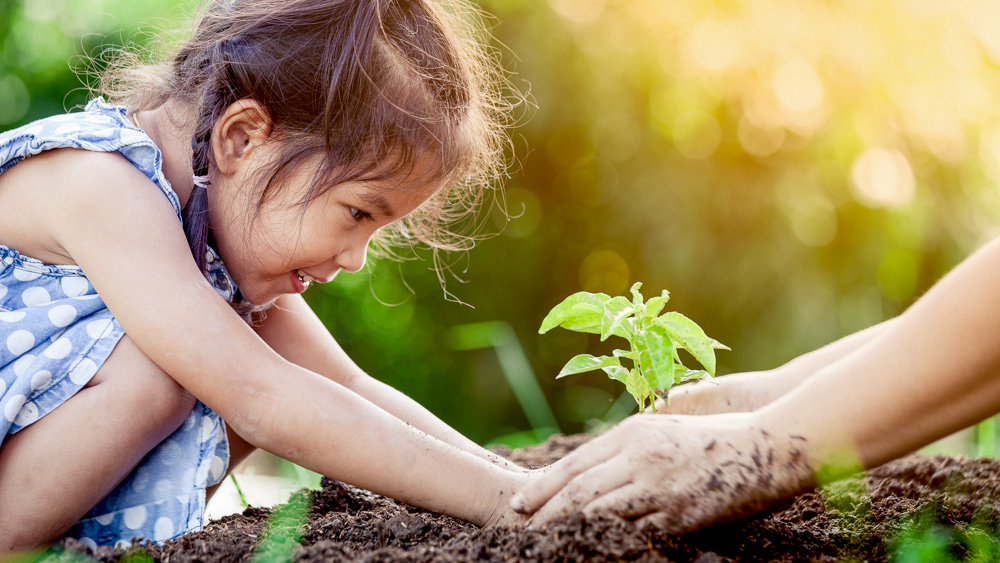"One test of the correctness of the educational procedure is the happiness of the child."
- Dr. Maria Montessori

Last week we talked about Work Plans and how outlining a list of tasks each day is helpful. This encourages the child to prioritize their own work and responsibilities. But there is more we need to consider here. And that is OUR schedule. I don't know about you, but the lack of a clear beginning and end to OUR work day has been one of the hardest parts during this enormous transition. We are parents, professionals, parents again, trying to work again, and then parenting some more. No separation. Someone once said that when work comes home, home is what seems to suffer. Truth, right? Work is always there, calling us. And the children need us, too. How can we find our balance once again? How do we claim those boundaries for ourselves, our jobs, and our families? The answer I keep coming back to is a Weekly Schedule.
In the classroom, Montessori philosophy is all about structure, routine, and community. We are home now and those principles don't have to disappear. Whether you use a planner, a wall calendar, or your phone, we need to record our schedule for the week- and honor it. For me, the very act of writing something makes it feel more official. When does work start and end? Write it down. When do we take a break for lunch? Write it down. When can we help our children with school work and help facilitate their scheduled virtual class meetings? When can we check our emails or make phone calls? Write it down. And last, but certainly not least, when can we schedule self-care? Just as we tell our children to run around and play, we, too, need to heed this advice. To take walks, do yoga, read, or garden. If we don't model to our children the importance of caring for ourselves, how will they learn it? As parents, OF COURSE, we prioritize the happiness of our children. But, OUR happiness, our work-life balance, is important, too. And if we can stick to that schedule we create, in the end, everyone benefits.



